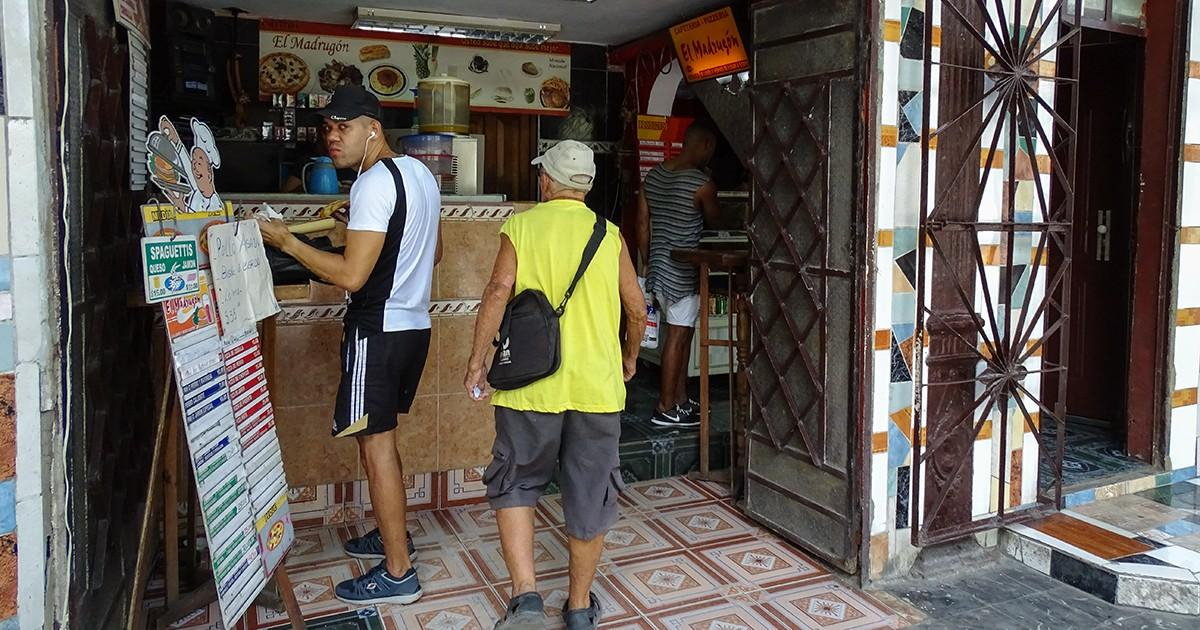
The Ministry of Economy and Planning (MEP) approved 133 new MSMEs, raising the number of private businesses in Cuba to almost 10,000.
In 2021, the regime legalized the creation of micro, small and medium-sized businesses in Cuba. Since then, the government has given the go-ahead to 9,943 MSMEs, of which 133 were just approved last week.
Of the latest MSME accreditations made by the MEP, 128 belong to the private sector and 5 to the state, as disclosed by the entity through astatement on the Telegram messaging platform.
Theapproved MSMEs Recently, they have concentrated in sectors such as gastronomy, the manufacturing of construction supplies, automobile maintenance services and computer programming, among others.
Banned since 1968, these companies have once again become part of the island's economic landscape, as a result of government reforms that seek to stimulate the national economy, which is increasingly depressed, with higher inflation and generating more inequalities in the country.
There are divided opinions regarding the role of MSMEs: while some voices consider them essential to boost the economy, others point out that their high prices increase social disparity and contribute to growing inflation.
Official figures indicate that 19.6% of MSMEs are dedicated to manufacturing and 12% are oriented towards the production of food and beverages.
This sector has a total of 225,000 workers, of which 189,000 are jobs generated after the legalization of these entities.
These data reflect that the private sector already employs more than 15% of Cuba's workforce and according to the regime, they contribute about 14% to the country's Gross Domestic Product (GDP).
With the implementation of MSMEs, the Cuban market observes a diversification of products, some previously scarce or non-existent within the state offer, in a context characterized by lack of supplies.
These companies, however, are prohibited from participating in areas classified as strategic by the government, including health, telecommunications, energy, defense and media.
In Cuba's economic model, MSMEs coexist with other forms of management, such as the socialist state company, non-agricultural cooperatives and self-employment.
The government also controls the private sector. They recently assured that they will regulate the price of chicken sold by MSMEs. They indicated that they will not allow the value of the product to continue growing at a time when food shortages affect the population.
At the end of December, the Cuban authorities recognized the failure of the “economic ordering”, as well as the impossibility of achieving the projected growth of 3% for the Gross Domestic Product (GDP).
At that moment theregime announced a crusade against some MSMEs that it doesn't matter what interests them.
“The massive importation, in a disorderly manner, of finished products or products ready for sale, more than the solution of a great problem facing the people, has been a difficulty, which does not lead us to reduce inflation and has not led us nor to reduce prices,” said Prime Minister Manuel Marrero Cruz.
What do you think?
COMMENTFiled in: